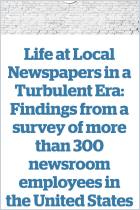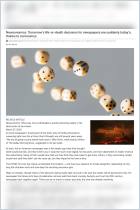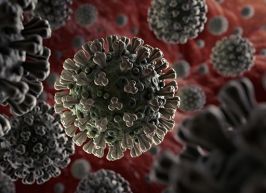Join getAbstract to access the summary!

Join getAbstract to access the summary!
Damian Radcliffe
Covid 19 Has Ravaged American Newsrooms and Why That Matters
Niemanlab.org, 2020
What's inside?
Can journalism survive Google and Covid-19? The future of US democracy in the may depend on it.
Recommendation
Damian Radcliffe, holder of the Chambers Chair in journalism at the University of Oregon, describes how the troubling trends of decline in the newspaper industry have accelerated during the coronavirus pandemic. He argues that journalism plays a vital role in a healthy democracy, drawing particular attention to its importance at the local level, where it drives civic engagement and holds government accountable. What will it take to preserve a “free and flourishing press” in the time of Covid-19?
Summary
About the Author
Damian Radcliffe is a professor of journalism and an affiliate of the Department for Middle East and North African Studies at the University of Oregon where he also curates the “Demystifying Media” speaker series at the School of Journalism and Communication.




















Comment on this summary